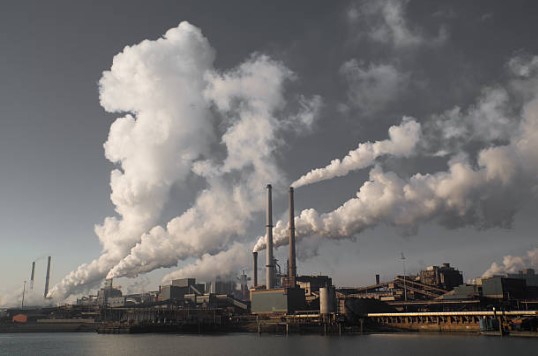View more
 Related
Related
REEI 2020/08/02
admin 2015/09/25
View more
 Topics
Topics
View more
 Publications
Publications

Article List > Article details

Russia approves a carbon trading pilot for Sakhalin
REEI 2021/02/05
In January 2021, the Russian Ministry of Economic Development in cooperation with the government of the Russian region of Sakhalin approved a roadmap for establishing a pilot carbon trading system as early as 2022.
The “Roadmap for the implementation of an experiment to establish special regulation of greenhouse gas emissions in the Sakhalin Region” sets in motion steps to building a pilot carbon trading system, with the aim of achieving carbon neutrality in the eastern region by 2025. Other measures in the roadmap include the adoption of a Climate Strategy and Action Plan for the region until 2035 and the implementation of “climate projects”, which are yet to be defined but are likely to encompass mitigation projects including forestry as well as potential participation in international voluntary carbon markets.
The roadmap foresees the creation of a regional inventory of GHG emissions and potential removals by August 2021, which will clarify the economic activities primarily responsible for emissions in the region. By April 2022, an information system – including a carbon registry – is planned to start operating in test mode. The first transfers of carbon units between the participants of the pilot could take place as early as July 2022.
Sakhalin is regarded as a testing ground for identifying GHG regulation measures that can be extended to other Russian regions. Measures proposed by the roadmap still need formal legal approval from the State Duma, Russia’s lower house of parliament, which is expected in June or July 2021.
Sakhalin Island is located in the far-eastern part of Russia and is rich in fossil fuels, hosting several oil and gas fields and two LNG terminals. Alexey Miroshnichenko, the Deputy Chairman and Member of the Board of the Russian development corporation VEB.RF, regards the future carbon trading pilot as a critical step towards low-carbon development, especially in light of the EU’s plans to introduce a carbon border adjustment mechanism. “On Sakhalin, we will be able to test various approaches to building such a [carbon trading] system and select the optimal model for deployment throughout the country,” he commented on the approval of the roadmap. “We recommend that Russian enterprises, especially large exporters, take a closer look at the Sakhalin experiment, evaluate the effects of the introduction of such a system on their activities and work out the format of their participation in it in the future”.
In December 2020, Russia submitted its updated Nationally Determined Contribution (NDC) to the Paris Agreement with an objective not to exceed 70% of 1990 GHG emissions levels, including LULUCF, by 2030.
Guest post from ICAP




